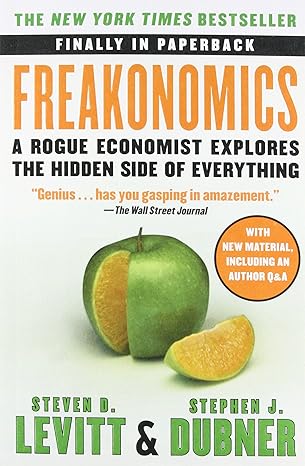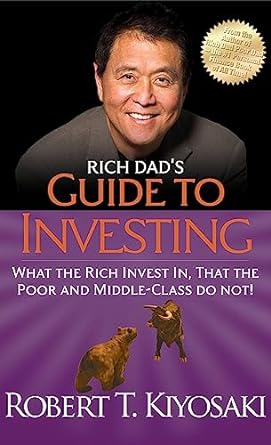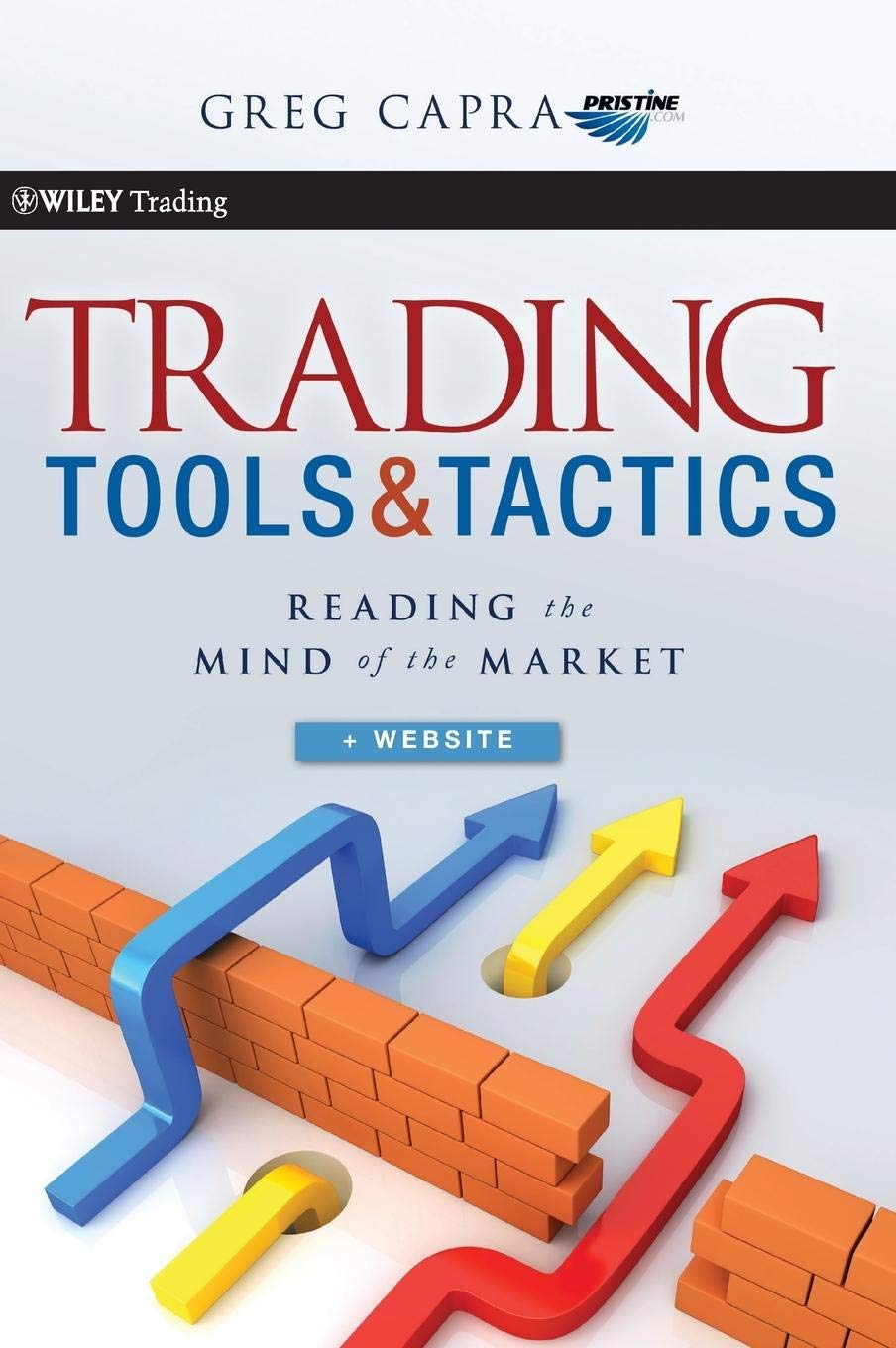“Freakonomics: A Rogue Economist Explores the Hidden Side of Everything” by Steven D. Levitt and Stephen J. Dubner is a groundbreaking book that challenges conventional wisdom by exploring the hidden forces that drive human behavior. Through unconventional questions and data-driven analysis, the authors reveal surprising truths about everyday life, from crime rates and parenting to incentives and decision-making. By applying economic principles to a wide range of topics, Freakonomics offers fresh perspectives on the world, encouraging readers to think critically and question the status quo.

Here are 25 key lessons from “Freakonomics: A Rogue Economist Explores the Hidden Side of Everything”* by Steven D. Levitt and Stephen J. Dubner:
1. Incentives Matter: People respond to incentives, which can be economic, social, or moral. Understanding these incentives helps explain behavior.
2. Conventional Wisdom is Often Wrong: What people commonly believe to be true is not always backed by data or evidence.
3. Correlation is Not Causation: Just because two things occur together does not mean one causes the other.
4. Unintended Consequences: Policies or actions can have unexpected outcomes, sometimes completely opposite to the intended results.
5. Information Asymmetry: When one party has more or better information than another, it can lead to power imbalances and market inefficiencies.
6. Small Changes Can Have Big Effects: Minor adjustments in policies, incentives, or environments can lead to significant outcomes.
7. Human Behavior is Complex: People don’t always act rationally or predictably, and their decisions are influenced by a wide range of factors.
8. Data Can Reveal Hidden Truths: Analyzing data in innovative ways can uncover patterns and insights that challenge the status quo.
9. Incentives Can Lead to Cheating: When incentives are strong enough, individuals may resort to unethical behavior, such as teachers cheating on standardized tests.
10. Experts Can Have Hidden Agendas: Those in positions of authority or expertise may manipulate information to serve their interests.
11. Economics is Everywhere: Economic principles apply to many aspects of life beyond traditional markets, including crime, education, and parenting.
12. Naming and Identity: The choice of a name can have social implications and can be influenced by cultural trends and socioeconomic factors.
13. The Power of Numbers: Statistics and data analysis can be powerful tools for understanding and predicting behavior, but they must be used carefully to avoid misinterpretation.
14. Incentives Can Backfire: Poorly designed incentives can lead to negative or unintended consequences, sometimes exacerbating the very problem they were meant to solve.
15. Cultural Influence on Decision-Making: Culture plays a significant role in shaping people’s decisions, behaviors, and preferences.
16. Rational vs. Irrational Behavior: While economics often assumes rational behavior, Freakonomics highlights the irrational and unpredictable nature of human actions.
17. The Role of Crime in Society: The book explores the economic factors that contribute to criminal behavior and challenges common assumptions about crime.
18. Education’s Impact on Success: Factors beyond schooling, such as family background and early childhood experiences, play a crucial role in determining educational outcomes.
19. The Importance of Questioning Assumptions: By questioning what is commonly accepted, Freakonomics encourages readers to think critically and seek evidence-based conclusions.
20. Understanding Incentives in Crime: Criminals respond to incentives, and understanding these incentives can help in developing more effective crime prevention strategies.
21. Economics of Drug Dealing: The book reveals surprising insights into the economics of illegal drug markets, challenging stereotypes about drug dealers.
22. Parenting Myths: Many common beliefs about what makes a good parent are debunked, emphasizing that parenting outcomes are not always within a parent’s control.
23. Economic Impact of Roe v. Wade: The book controversially suggests that the legalization of abortion contributed to a reduction in crime rates years later.
24. The Complexity of Human Motivation: People are motivated by a mix of financial, social, and moral incentives, making it difficult to predict behavior based on economics alone.
25. Economics as a Tool for Understanding: Freakonomics demonstrates how economic principles can be applied to various aspects of life to better understand human behavior and societal trends.


